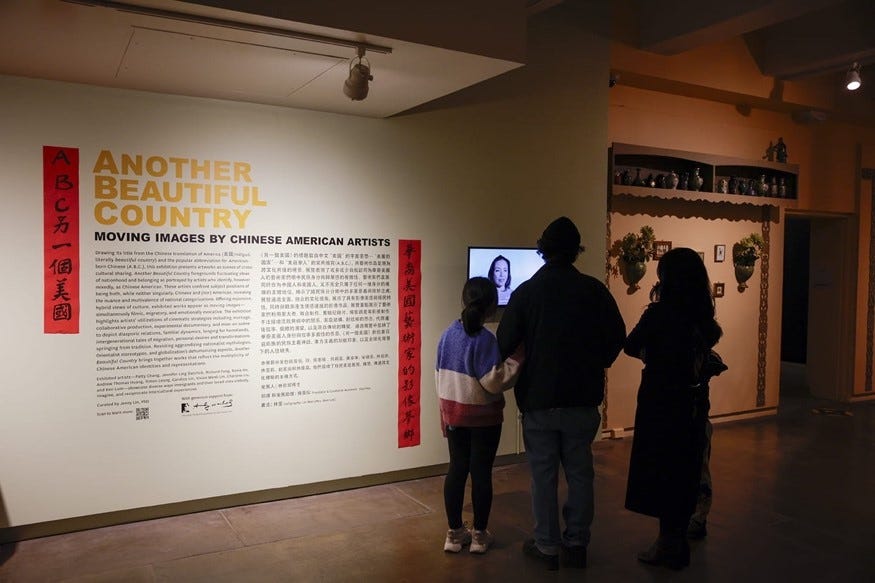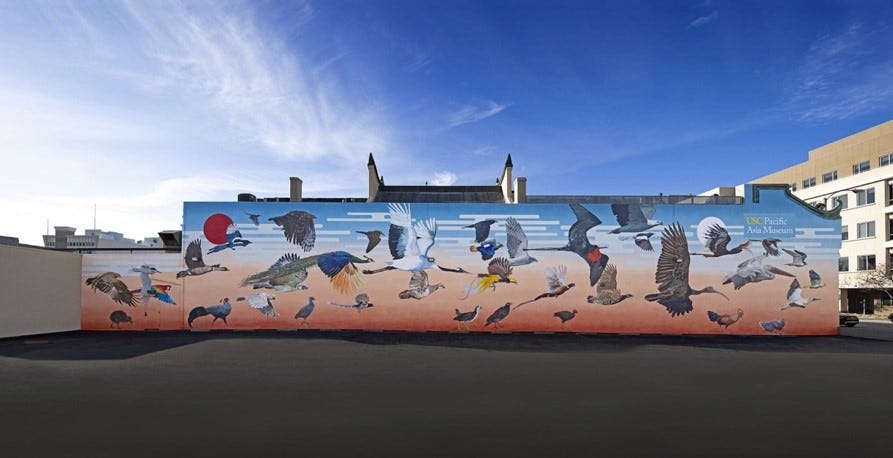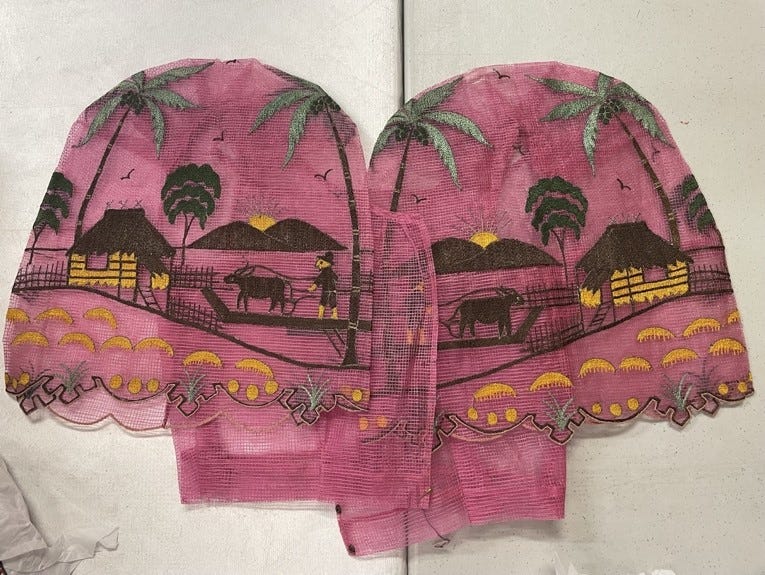Happy Asian American and Pacific Islander Heritage Month!
May is a time to celebrate the rich history of AAPI culture, heritage and people across time and space. AAPI history in America is complex, multifaceted and nuanced, encompassing over 50 ethnic groups and 100+ spoken languages. In 1979, President Jimmy Carter signed a presidential proclamation to celebrate “Asian/Pacific American Heritage Week.” In 1992, Congress passed a resolution to extend that celebration for the month of May to commemorate the arrival of the first Japanese immigrants in the United States in 1843 and the completion of the transcontinental railroad in 1869.
Truth be told, much of AAPI history in America has been erased, overlooked and simply not taught in schools. AAPI folks were viewed as “perpetual foreigners”, and even those with status as Americans were treated as outsiders in their own country. For example, the Chinese Exclusion Act of 1882 was the first immigration law passed in the United States discriminating against immigrants and American citizens based on nationality. In World War II, President Franklin Delano Roosevelt signed Executive Order 9066 that led to the formation of the Manzanar War Relocation Center, forcibly removing Americans of Japanese descent from their homes and stripping them of their property and rights. In 1982, Vincent Chin was brutally murdered in a racially motivated hate crime by people who misidentified him as Japanese. In 2020, a surge of anti-Asian hate swept the country during the Covid-19 pandemic.
On the flip side, history also reveals the resilience, strength, and heart of the AAPI community. Yuri Kochiyama was a civil rights activist who worked alongside Malcolm X and advocated for the Day of Remembrance to educate folks on the history of the Japanese internment camps. Larry Itliong, co-founder of the United Farm Workers, led with Cesar Chavez to facilitate the Delano Grape Strike during the labor movement of the 1960s. In the 1970s, Bruce Lee’s kung-fu kicks, acting chops and trailblazing ways inspired a generation of martial arts practitioners and bridged the gap between the east and the west during his meteoric rise in Hollywood. In the 1980s, journalist and activist Helen Zia spoke out against the murder of Vincent Chin and became a prominent voice advocating for AAPI, feminist, and LGBTQ rights. On March 19, 2020, the Stop AAPI Hate organization formed as a response to the slew of anti-Asian hate at the peak of the Covid-19 pandemic. Such responses of AAPI folks and communities to acts of exclusion and discrimination throughout history show not just their own strong resolve and resilience, but also their contributions towards a more equitable and just society.
Speaking of which, USC alumnus You Chung (Y.C.) Hong (LLB ‘24, LLM’25) was the first Chinese-American to both graduate from the USC Gould School of Law and practice law in the state of California. He fought for the repeal of the Chinese Exclusion Act of 1882 and dedicated his life to advocating for the rights of immigrants, reuniting more than 7,600 immigrants with their families. A son of an immigrant who helped build the Transcontinental Railroad, Hong also started an English-language school for Chinese immigrants and worked as a translator for Immigration Services. He was also instrumental in the formation of the New Chinatown in Los Angeles in 1938, located about a mile north of the USC UPC campus. A plaque dedicated to his name and work could be found by the iconic Chinatown East Gate.
The list of prominent AAPI alumni of USC is extensive, including Jon M. Chu (’03), director of Crazy Rich Asians and In the Heights, Ke Huy Quan (SCA ’99), Academy-Award winning actor from Everything Everywhere All at Once, and Cynthia Kadohata (’79), Newbery Medal and National Book Award winner author of Kira Kira. Many AAPI alumni connect with current AAPI students through Connections!, a program where students can learn about specific challenges or advice from AAPI alumni in the workplace and society. Programming includes resume and cover letter review, networking socials, skill building workshops and AAPI community engagement opportunities. On campus, students can join the Asian Pacific American Student Services (APASS), a space on campus to “explore, celebrate, and embrace Asian American and Pacific Islander identities, heritage, and community”. Students can access the APIDA Wellbeing Initiative, the Asian Pacific American First-Year Mentorship Program, culturally-responsive Embedded Counselors, or simply stop by the space to grab some Asian snacks and admire the cute plush pillows.
Through USC, there are opportunities for folks to learn much about AAPI history and art. On May 5th, 2024, educator and activist Liz Kleinrock will be inviting K-12 educators to learn about her inquiry-based approach for the inclusion of AAPI history through art and culture in ethnic studies curricula at the USC Pacific Asia Museum. This museum, located in Pasadena and established in 1971, is one of few U.S. institutions dedicated to the arts and culture of Asia and the Pacific Islands. With over 15,000 artifacts from Persia to the Pacific Islands, visitors can connect with history spanning 4,000 years.
Current exhibitions include:
Another Beautiful Country: Moving Images by Chinese American Artists by Jenny Lin, USC Roski Associate Professor of Critical Studies
A MOMENTOUS MOMENT IN TIME OF PASSAGE AND LANDING by Dave Young Kim,
Kultura Ng Pilipinas: Nostalgia and Connection in Diaspora, by Diane Williams, Ginto Seeds, Jasmine Orpilla, curated by Eleanor Lipat-Chesler
One does not need to identify as an AAPI to participate in AAPI Heritage Month. This celebration is an invitation for all to learn more about the history, heritage and culture of this diverse group. Though the national celebration is in May, USC celebrated a month earlier to ensure that students could be on campus to participate. Through recognition, community engagement and thoughtful discussion, we can all learn a little bit more about each other and work towards a more inclusive and equitable society like fellow Trojans before us. Happy AAPI Heritage Month everyone!
Written by:
Simon Chow – Assistant Director, USC Office of Admission







